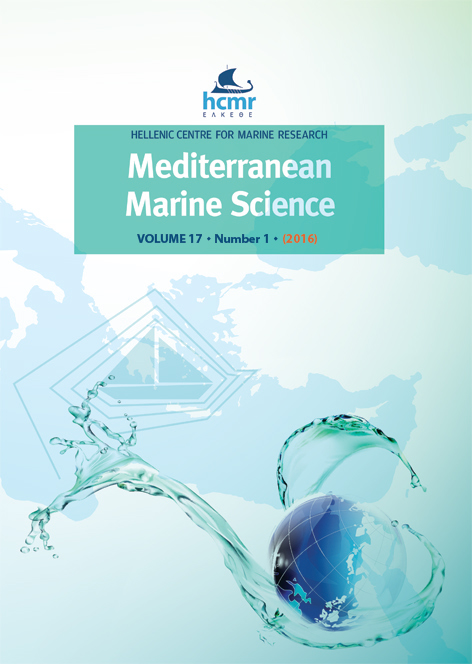Trawling disturbance effects on the trophic ecology of two co-generic Astropectinid species
Resumen
Physical disturbance by trawling can have both negative and positive effects on populations of scavenging benthic organisms. In the present study the impact of fishing activity on feeding behaviour of the two Astropectinids, Astropecten bispinosus and A. irregularis, was assessed based on stomach contents analysis. The study was carried out along trawled seabed highlighting the positive response of the two facultative scavengers to carrion generated by trawl disturbance. Furthermore, there was greater food specialization in areas that were more heavily exploited by trawling. This specialisation could be linked to the availability of certain prey that results from the passage of fishing gears across the seabed. Interestingly, differences between the two species analysed have been highlighted in term of population dynamic, feeding rate, diet composition and diet diversity, testifying their capacity to coexist in the same fishing grounds.
Article Details
- Cómo citar
-
MANGANO, M. C., KAISER, M. J., PORPORATO, E. M., LAMBERT, G. I., & SPANÒ, N. (2015). Trawling disturbance effects on the trophic ecology of two co-generic Astropectinid species. Mediterranean Marine Science, 16(3), 538–549. https://doi.org/10.12681/mms.1256
- Número
- Vol. 16 Núm. 3 (2015)
- Sección
- Research Article
Authors who publish with this journal agree to the following terms:
- Authors retain copyright and grant the journal right of first publication with the work simultaneously licensed under a Creative Commons Attribution Non-Commercial License that allows others to share the work with an acknowledgement of the work's authorship and initial publication in this journal.
- Authors are able to enter into separate, additional contractual arrangements for the non-exclusive distribution of the journal's published version of the work (e.g. post it to an institutional repository or publish it in a book), with an acknowledgement of its initial publication in this journal.
- Authors are permitted and encouraged to post their work online (preferably in institutional repositories or on their website) prior to and during the submission process, as it can lead to productive exchanges, as well as earlier and greater citation of published work (See The Effect of Open Access).





